The Arena
I hate this.
There are dozens of places I’d rather be.
Hundreds of activities I’d rather be doing.
Then standing here, holding this, and having to listen to all of that.
Yet here I stand.
Again.
To honour New Brunswick Day this year, the provincial government released a two-minute video celebrating and showcasing the core features and communities that make New Brunswick special. As a seventh-generation Black Canadian whose great-grandparents started a family in Woodstock, New Brunswick, I do not think the video is racist. But, the video chooses very intently to discriminate and erase any presence of the history, heritage and contributions of African-descendant communities.
Let’s talk history. New Brunswick is a unique province when it comes to its relationship with the African-descendant communities. Yes, the French, then the English, settled on unceded and unsurrendered Wolastoqiyik, Mi’kmaq and Peskotomuhkati land. Both the French and English arrived in this region in horror at how much work they needed to do before they could even build any homes. So, it is not lightly that I state that enslaved, indentured, servant, and low-wage African labour transformed this province from walls of frozen trees to beautiful cities.
We chopped down the trees, ripped up the stumps, moved rocks, dug into the dirt, and then built the homes, churches, town halls and all the roads in between. In this particular Canadian province, forced and unrecognized African labour built the civilization where people now reside.
What does this have to do with the video? Well, it mentions some of the foundational New Brunswick communities like the French, British, Scottish and Irish. The major Irish and Scottish migrations into the region were in the 1820s to 1880s and we know that the waves of forced and free African migration started long before. How is there not a single mention or smiling face of African descendants in this video celebrating what is core to New Brunswick culture and heritage?
Historians like David Bell have worked hard to document and publish the early migration of Africans to New Brunswick. The below document shows a ship leaving New York for Saint John with dozens of free Black families who were ready to settle and build lives in what was then called Nova Scotia, years before people voted it to be New Brunswick.
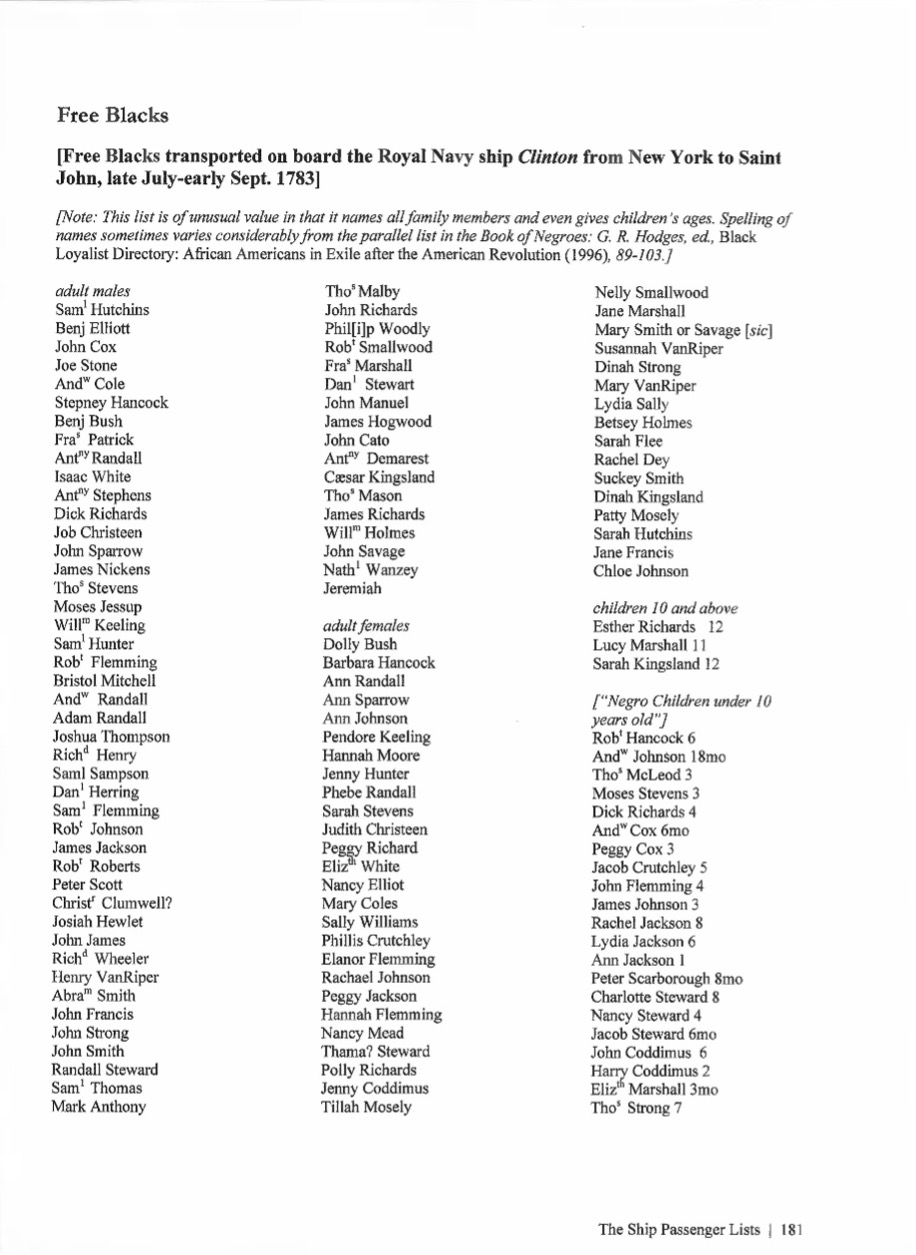
The first map of New Brunswick ever published and archived in the Library of Canada shows large African settlements then called “Negro Settlements.” Why was this nascent province better at recognizing the African-descendant presence in 1788 than in 2025, especially on a day that celebrates New Brunswick?

I have to ask, how did this video get published without any mention of African contributions when the New Brunswick government recently featured Black people as part of its 2019-2024 population growth strategy? And maintains the importance of African relations in its 2025-2030 strategy?
 Apparently, New Brunswick is dying because of a lack of youth and young families wanting to stay in the province. The government’s decade-long plan for saving this entire province relies on the grace and grit of immigrants from Africa to move to and stay in New Brunswick to keep our schools, hospitals, businesses, and communities running. Why are there more Black smiles in the strategic plans they publish, than in the cultural films they promote?
Apparently, New Brunswick is dying because of a lack of youth and young families wanting to stay in the province. The government’s decade-long plan for saving this entire province relies on the grace and grit of immigrants from Africa to move to and stay in New Brunswick to keep our schools, hospitals, businesses, and communities running. Why are there more Black smiles in the strategic plans they publish, than in the cultural films they promote?
How did this happen when Premier Susan Holts’s executive office was emailing with Dr. Mary McCarthy to plan an Emancipation Day flag raising and photo opportunity for the entire government? The government emailed 36 individuals —19 from the government and 17 community members— to appear at the New Brunswick Legislature for 1pm on August 1, 2025. Not a single senior staff member of the government showed up to an event they organized and insisted was important. Special thanks to David Coon, leader of the New Brunswick Green Party, for advocating for this event and actually showing up. You can see in the official “Emancipation Day” social media post that he is the only politician in the picture. The government of New Brunswick blocked comments for that post.
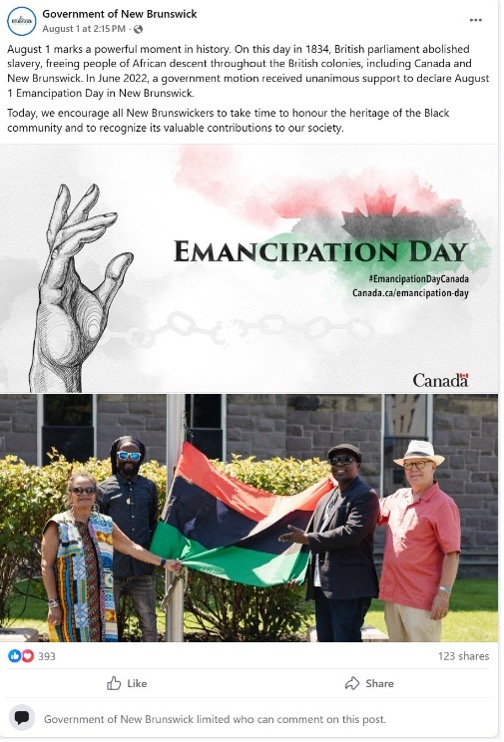
For the last three years, the New Brunswick government has been working alongside three Black and African community organizations to hold the Emancipation Celebration on New Brunswick Day. For years, this government has realized how important it was to include the hearts, minds, voices, and smiles of the African-descendant communities, on a day that celebrates all cultures and heritages in our province.
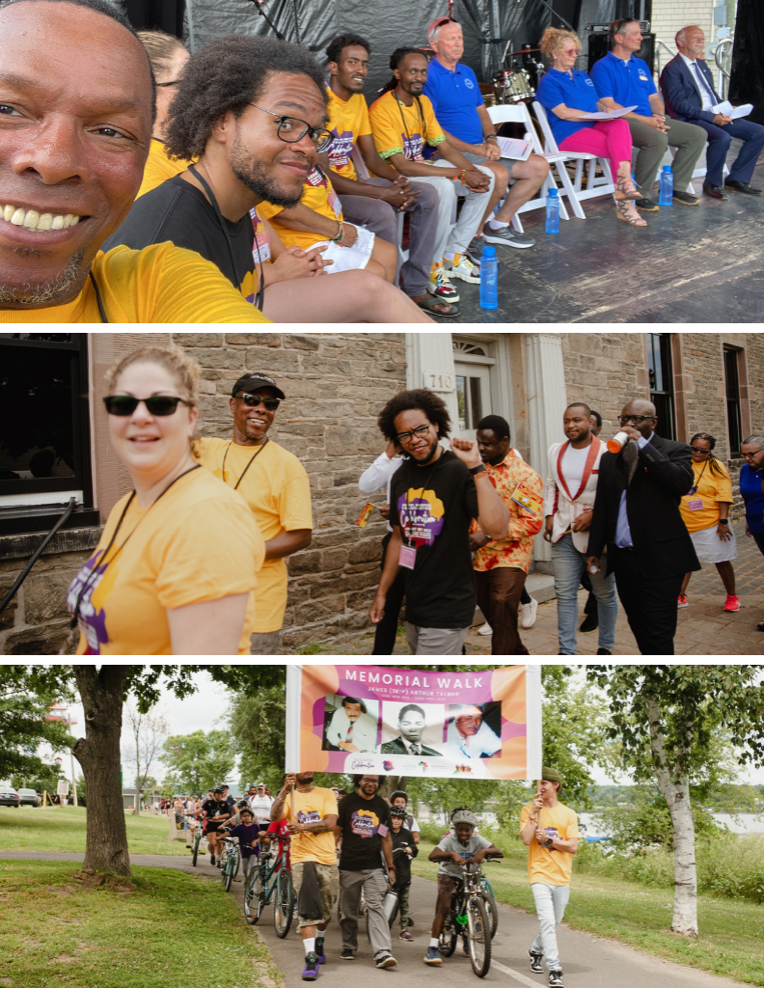
This year, the New Brunswick Day celebration was held not in the capital city of Fredericton but in Doaktown. There was nothing on the Doaktown schedule about including Black artists in the programming, and the government did not communicate with any of the Black organizations it has worked with for years. Black family members who were used to showing up to the capital city to celebrate their Black pride in being a New Brunswicker were left in the dark and erased. Again.
In 2022, the Legislative Assembly passed a motion unanimously declaring August 1 as Emancipation Day in New Brunswick. I was there, celebrating this in 2022. In the very motion, it says “Black Lives Matter,” and yet there was no press release this year. Now I am watching in real time the ignorance and amnesia grow, about an entire community.
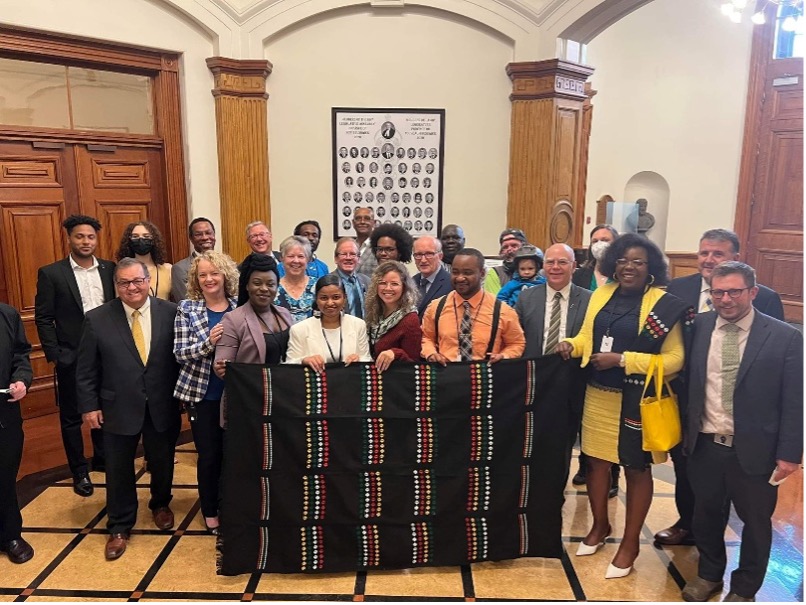
How did the African, Black, and Caribbean contributions to this province get erased? How did the government not show up to an emancipation event they organized? How did it not include African descendant voices in the celebration of New Brunswick Day? How did it not put out a press release for the day they proclaimed unanimously in the legislative house as important?
I honestly do not know. Do you?
With love and respect.
Poet and commentator Thandiwe McCarthy is a seventh generation New Brunswicker who grew up in Woodstock and now lives in Fredericton.

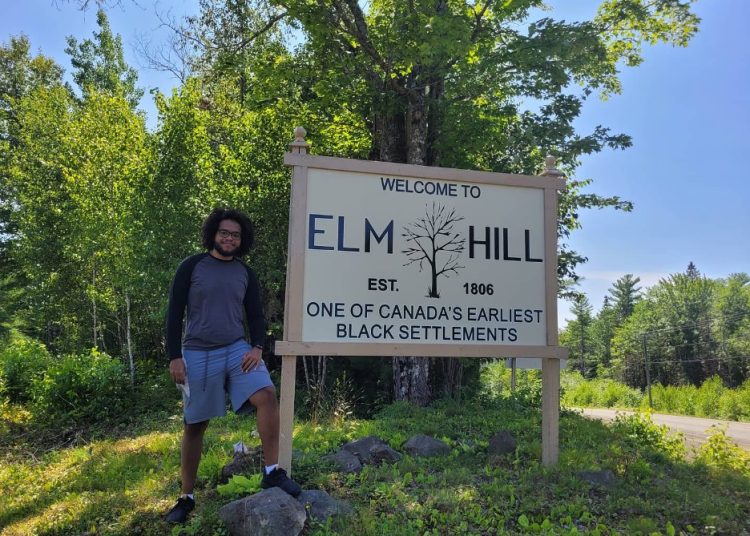
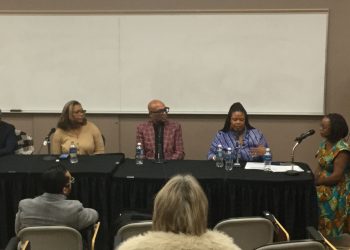


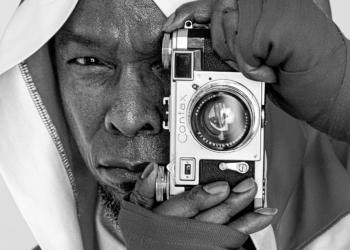

![Planned closure of TD call centre raises questions about corporate subsidies in New Brunswick [video]](https://nbmediacoop.org/wp-content/uploads/2025/11/TDNov32025-copy-1-120x86.jpg)


